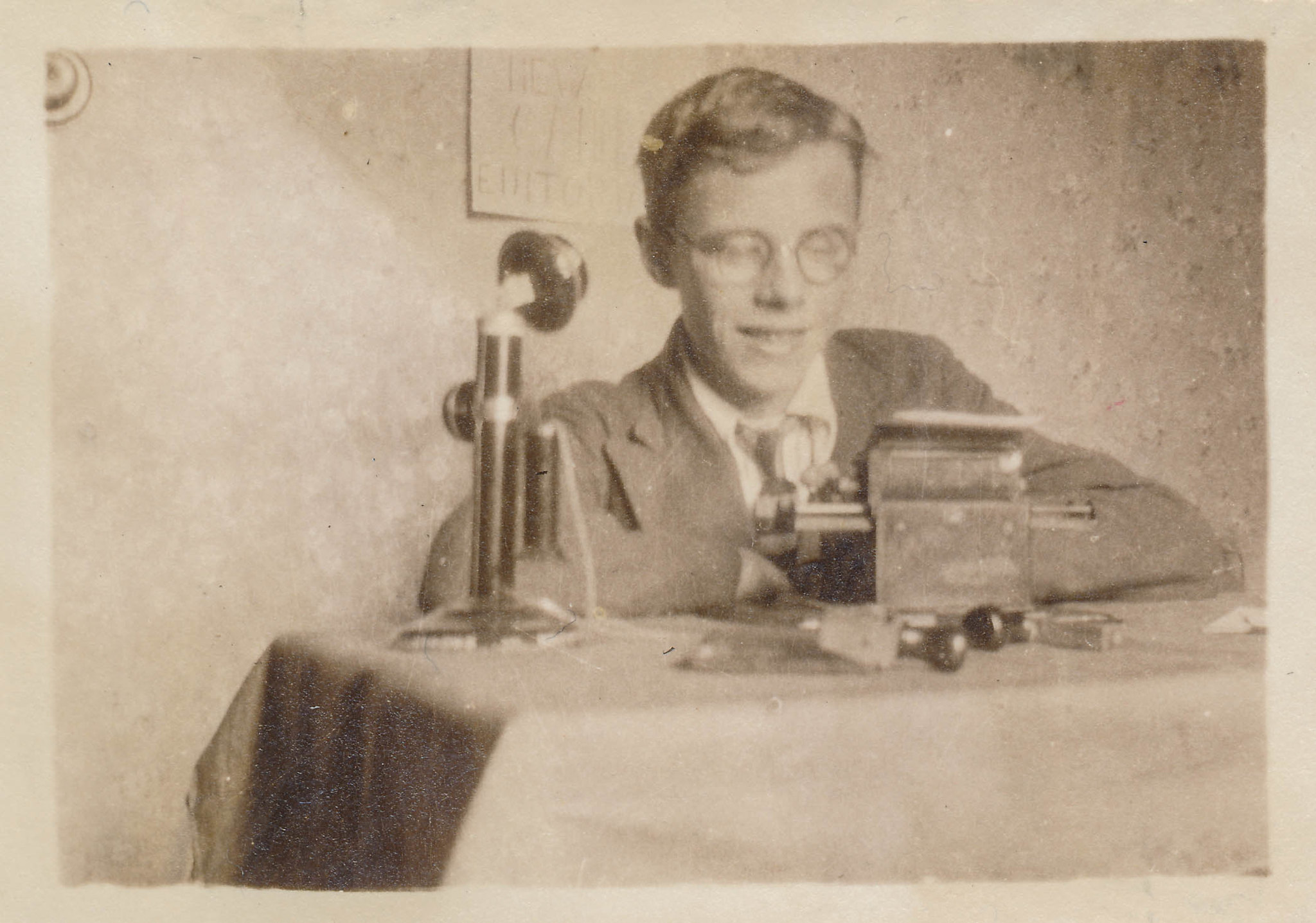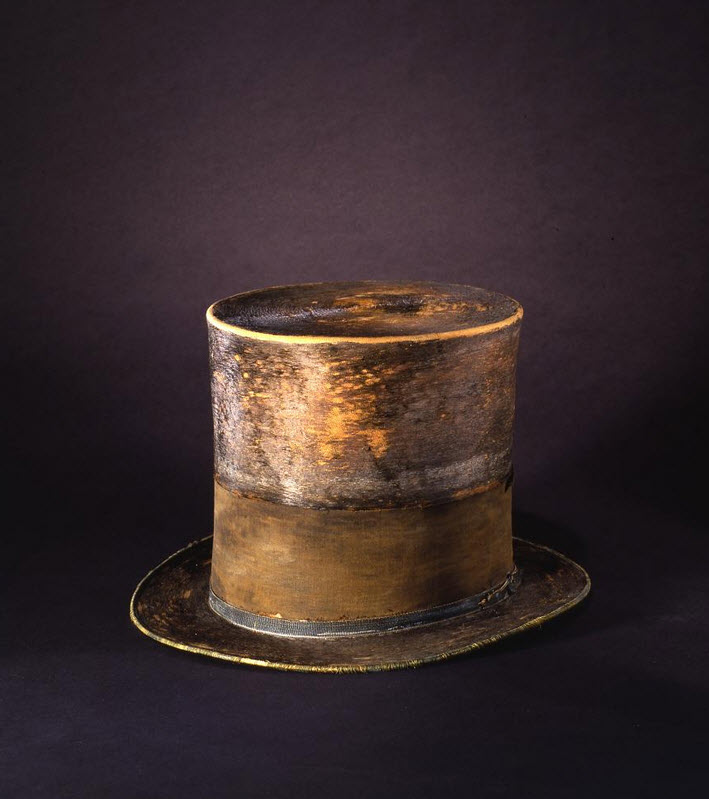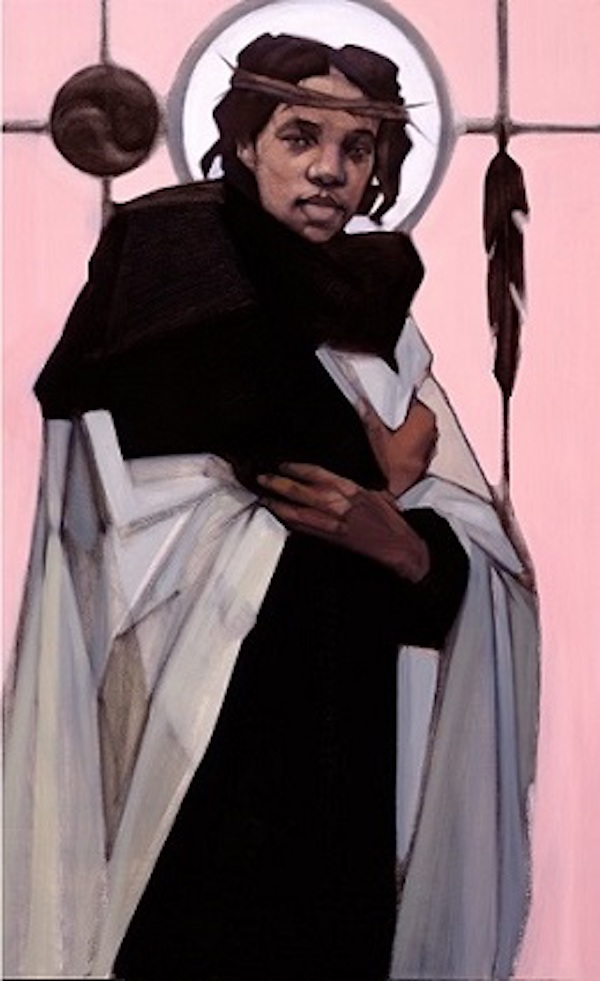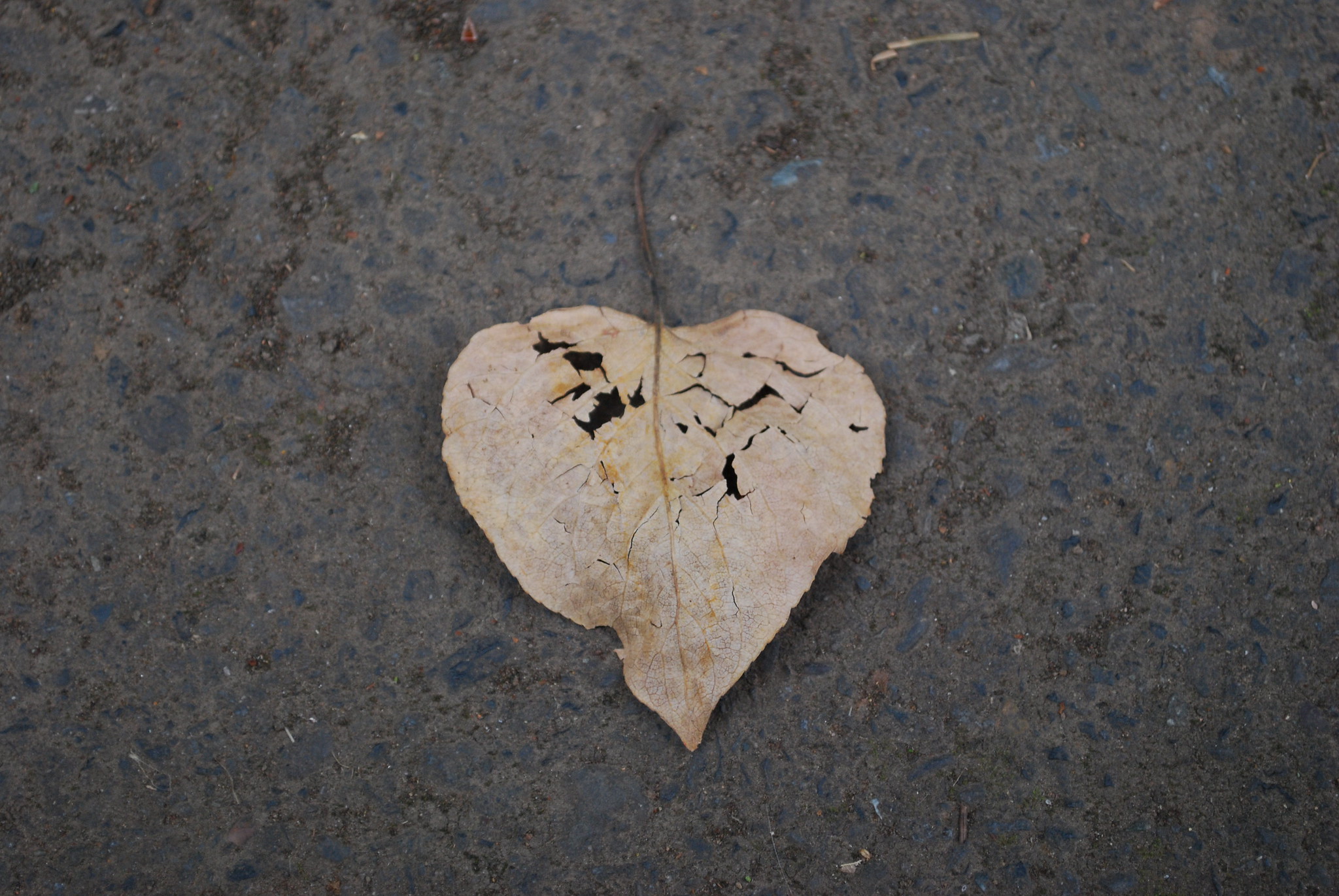Once upon a time, I fell in love with museums. I wanted to be with them all the time. I wanted to talk about them. I wanted to know everything there was to know about them. I wanted to explore their every corner. I longed for them to know and love me back.
My crush began in the summer of 1996 when I interned at a small historical society in Stamford, Connecticut. Like many institutions of its kind, the place was a mess. It was chock-a-block with cast off decorative arts, great grandmother wedding dresses, and old books. One afternoon I stumbled upon an entire cabinet full of old eyeglasses. And there was something about these objects that I found endearing. Who had worn the glasses? And what had they seen through the now foggy lenses? Each collection item told a story I wanted to know. My heart fluttered with sentimentality as I painstakingly applied accession numbers and placed objects carefully into their drawers.

By the time I was finishing up my undergraduate degree, my crush had developed into a full blown romantic obsession. I hungrily pursued museums and historic sites, and began to think about material culture as a critical vessel for the holding of narratives and artistic expression. I moved to Washington, DC and stood in awe of Mark Rothko’s paintings, Lincoln’s hat, and Whistler’s etchings. I felt that they spoke to me and when they did, they told me something special about humanity.

My heart was broken by museums for the first of many times when an exhibition I had worked hard to create was–quite literally–darkened by religious controversy. My museum, fearing political repercussions, shuttered the work of a contemporary artist named Janet McKenzie, who dared represent Jesus Christ as an African American woman. I quit my job over it–breaking up with my museum and chasing another before a similar break several years later, this time over how me and my fellow museum workers were treated by the administration.

It is hard to describe what it feels like to fall in love with a profession… And then to be hurt by it. I suspect it is not dissimilar to falling in love with a person who then turns out not to be the one you imagined. There is disappointment, there is hope, there is anger, there is denial, and ultimately (in the healthy sort) there is letting go.
TEA was born of a deep and sincere love of what art, stories, and transformational experiences can do. But–if we’re honest–it also came about because of a complex relationship with museums. Museums are in our collective blood. We devoted time, energy, and deep commitment to loving, showcasing, and advancing them. We drank the Kool-Aid of the preservation of material culture, the telling of the critical stories of history, and enlightening the world to art. The truth is that museums have broken our hearts over and over again throughout the many years we’ve spent in them. But that doesn’t mean we’re ready to give them up. Because as much as we rage and complain and weep for the museum as we wish it to be, we still long to see it become the best version of itself. A place of relevance, inclusivity, rest, reckoning, safety, connection, diversity, and vibrancy. And it is only through helping museums become so that our broken hearts will be soothed.




Annie – My heart was broken by the last museum I worked in as a staff member, thanks to a toxic work environment and bullying executive director. I hope you find a path like mine – choosing who you work with and how you do your work. You have the benefit of fabulous colleagues at TEA. I know you will do great work and fall back in love.
Really love this piece. I’m coming to museums from the world of theatre, which is just as inclined (if not more so) to break your heart that museums. I feel fortunate to be working with you all at TEA, as a pathway in that’s guided by folks who had dealt with the heartbreak and are trying to find a more humane path.